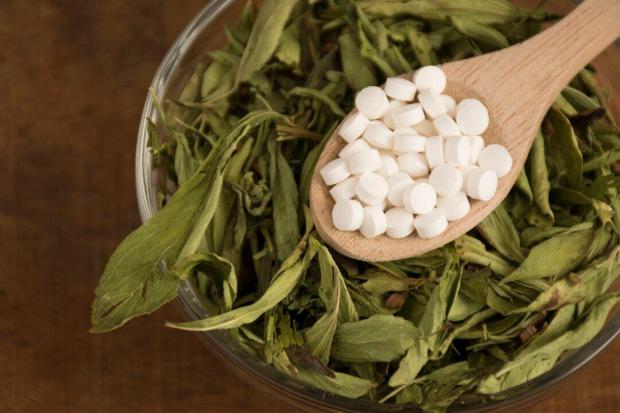
Breaking News
 Fearing US Reprisals, Mexico Halts Oil Shipment To Cuba
Fearing US Reprisals, Mexico Halts Oil Shipment To Cuba
 Iran Executes Suspected Israeli Spy In High-Stakes Act Of Defiance
Iran Executes Suspected Israeli Spy In High-Stakes Act Of Defiance
 TikTok Users Report Trouble Posting About Epstein, ICE, Days After Company Finalizes Sale...
TikTok Users Report Trouble Posting About Epstein, ICE, Days After Company Finalizes Sale...
 Chaos Is Spreading Like Cancer. What Happens Next?
Chaos Is Spreading Like Cancer. What Happens Next?
Top Tech News
 Researchers who discovered the master switch that prevents the human immune system...
Researchers who discovered the master switch that prevents the human immune system...
 The day of the tactical laser weapon arrives
The day of the tactical laser weapon arrives
 'ELITE': The Palantir App ICE Uses to Find Neighborhoods to Raid
'ELITE': The Palantir App ICE Uses to Find Neighborhoods to Raid
 Solar Just Took a Huge Leap Forward!- CallSun 215 Anti Shade Panel
Solar Just Took a Huge Leap Forward!- CallSun 215 Anti Shade Panel
 XAI Grok 4.20 and OpenAI GPT 5.2 Are Solving Significant Previously Unsolved Math Proofs
XAI Grok 4.20 and OpenAI GPT 5.2 Are Solving Significant Previously Unsolved Math Proofs
 Watch: World's fastest drone hits 408 mph to reclaim speed record
Watch: World's fastest drone hits 408 mph to reclaim speed record
 Ukrainian robot soldier holds off Russian forces by itself in six-week battle
Ukrainian robot soldier holds off Russian forces by itself in six-week battle
 NASA announces strongest evidence yet for ancient life on Mars
NASA announces strongest evidence yet for ancient life on Mars
 Caltech has successfully demonstrated wireless energy transfer...
Caltech has successfully demonstrated wireless energy transfer...
 The TZLA Plasma Files: The Secret Health Sovereignty Tech That Uncle Trump And The CIA Tried To Bury
The TZLA Plasma Files: The Secret Health Sovereignty Tech That Uncle Trump And The CIA Tried To Bury
Fermented Stevia Extract Kills Pancreatic Cancer Cells In Lab Tests

Pancreatic cancer shows significant resistance to existing treatments like surgery, chemotherapy, and radiation.
"Globally, the incidence and mortality rates of pancreatic cancer continue to rise, with a five-year survival rate of less than 10 percent," study coauthor Narandalai Danshiitsoodol, associate professor at Hiroshima University, said in a press statement.
There's a growing need to find new, effective cancer-fighting compounds—especially those that come from medicinal plants, said Danshiitsoodol.
Fermentation Unlocks Cancer-Fighting Power
The study, recently published in the International Journal of Molecular Sciences, found that when stevia is fermented with a probiotic, the resulting extract kills pancreatic cancer cells while sparing healthy kidney cells. The fermented extract inhibited cancer growth but did not harm normal cells.
The research team fermented stevia leaf extract using the probiotic Lactobacillus plantarum SN13T, a beneficial bacterium commonly found in fermented foods like sauerkraut, pickles, and kimchi. The researchers noted that fermenting the extract with bacteria can change its structure and produce beneficial compounds called bioactive metabolites.
"To enhance the pharmacological efficacy of natural plant extracts, microbial biotransformation has emerged as an effective strategy," Masanori Sugiyama, a professor of microbiology and biotechnology and coauthor of the study, said in a press statement.
Sugiyama's lab has studied more than 1,200 strains of bacteria from fruits, vegetables, flowers, and medicinal plants, evaluating their health benefits.
The results showed that the fermented stevia leaf extract (FSLE) was more effective at killing cancer cells than the nonfermented version.
Sugiyama said that FSLE was also less harmful to the HEK-293 cells, which are human kidney cells used in the study. Even at the highest dose tested, FSLE caused minimal damage to these cells.
This is important because conventional chemotherapy, such as cisplatin, can damage the kidneys—especially the left one, which is adjacent to the pancreas.



